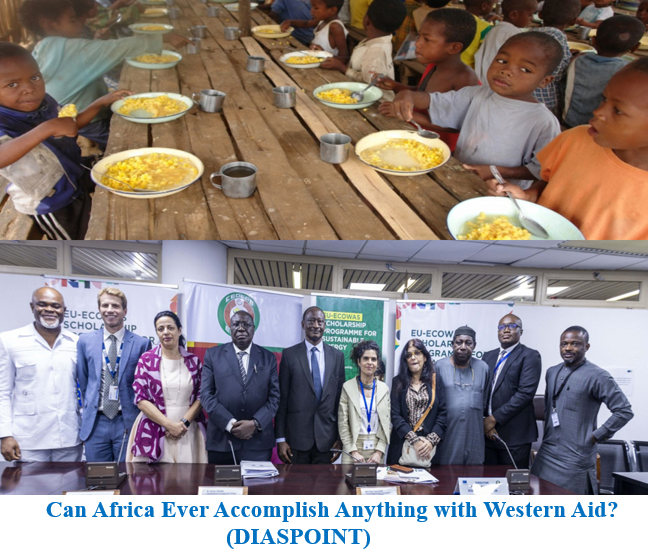ECOWAS member states and partners meet on school meals in West Africa
Post By Diaspoint | October 6, 2023

Over a hundred technical experts including government officials, policy makers, donor representatives, and researchers from Education, Agriculture, Gender and Social Protection sectors, from West Africa and beyond today kick-started a meeting in Dakar, Senegal to share knowledge and best practices on the implementation of school meals programmes using locally-sourced food.
Led by the Economic Community of West African States (ECOWAS), the two-day high-level conference is entitled, “Investing in homegrown school meals to strengthen human capital, women’s economic empowerment and contribute to economic development”. It offers a unique opportunity for participants to take stock of and shed light on school meals programmes and their impact on countries’ economic growth, food systems strengthening and women’s empowerment.
“Today, it is important to stress that benchmarks in health, nutrition and education make a considerable contribution to economic growth in the sub-region. It has been shown that the introduction of school meals programmes based on local production can, among other things reduce poverty, increase school enrolment, generate income, add value to local products, and promote community cohesion, stability and productivity,” said Professor Fatou Sow-Sarr, ECOWAS Commissioner at the conference’s opening event.
The ECOWAS Commissioner also called on all Member States to work on a school meals model that offers children safe, diversified and nutritious food from local sources.
“School canteens can help to strengthen local food systems, in particular by creating stable markets, stimulating local agriculture and improving agricultural production,” Sow-Sarr noted.
At the end of the conference, technical experts are expected to establish strategic plans that will help national governments to reinforce political support for the adoption of school meals policies while securing financial investments to scale up the programme.
Read More from original source
